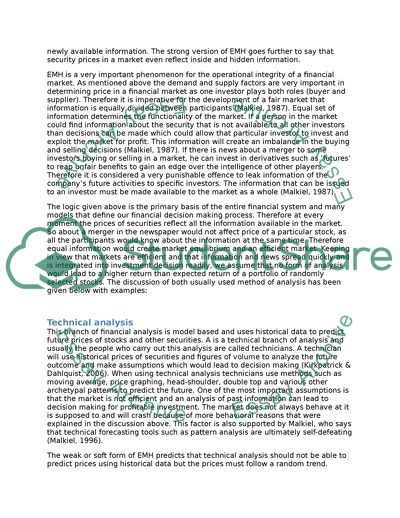Cite this document
(Efficiency of Financial Markets Coursework Example | Topics and Well Written Essays - 2000 words, n.d.)
Efficiency of Financial Markets Coursework Example | Topics and Well Written Essays - 2000 words. https://studentshare.org/finance-accounting/1733875-finance1
Efficiency of Financial Markets Coursework Example | Topics and Well Written Essays - 2000 words. https://studentshare.org/finance-accounting/1733875-finance1
(Efficiency of Financial Markets Coursework Example | Topics and Well Written Essays - 2000 Words)
Efficiency of Financial Markets Coursework Example | Topics and Well Written Essays - 2000 Words. https://studentshare.org/finance-accounting/1733875-finance1.
Efficiency of Financial Markets Coursework Example | Topics and Well Written Essays - 2000 Words. https://studentshare.org/finance-accounting/1733875-finance1.
“Efficiency of Financial Markets Coursework Example | Topics and Well Written Essays - 2000 Words”. https://studentshare.org/finance-accounting/1733875-finance1.


